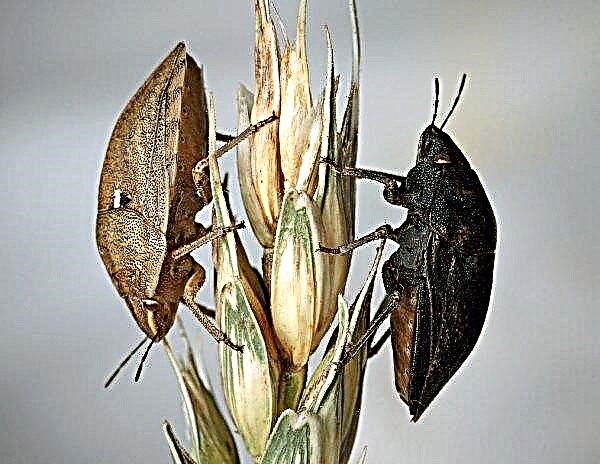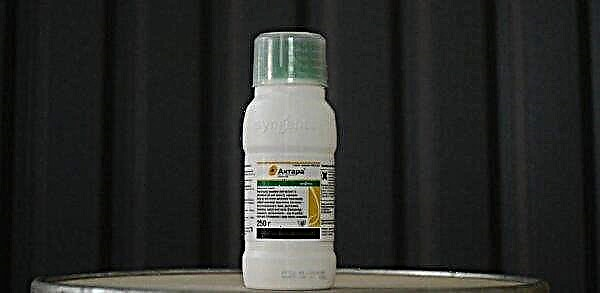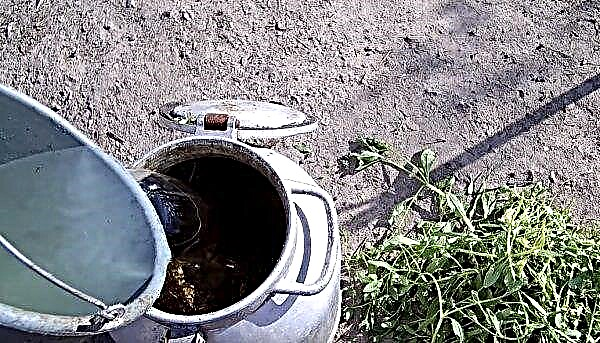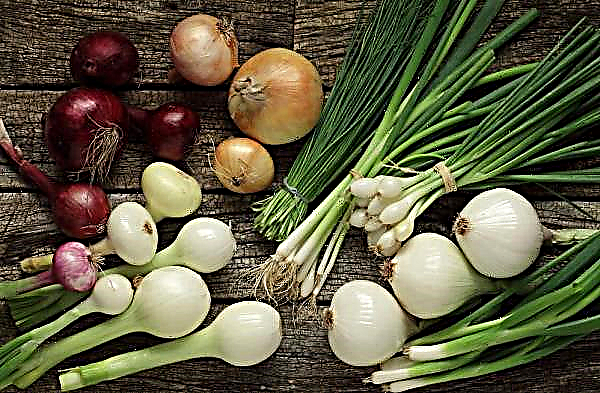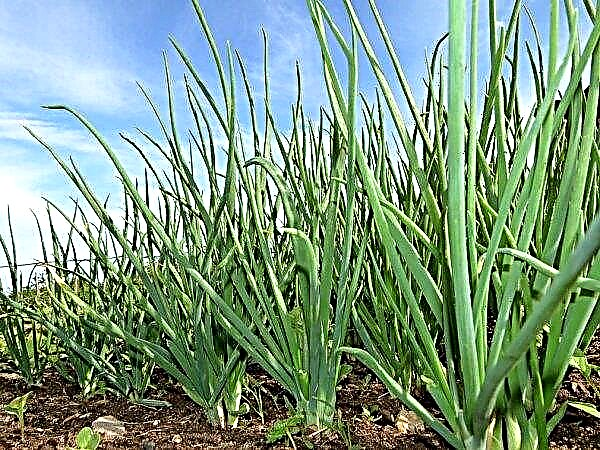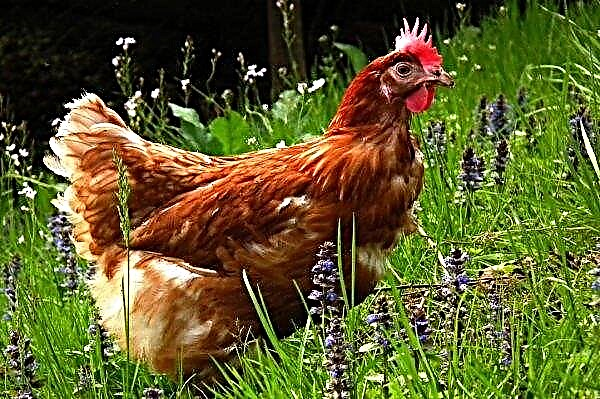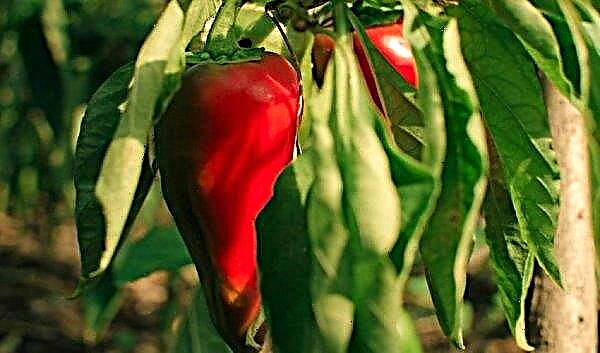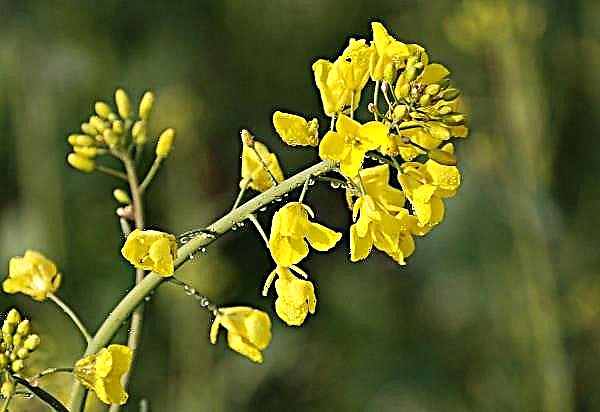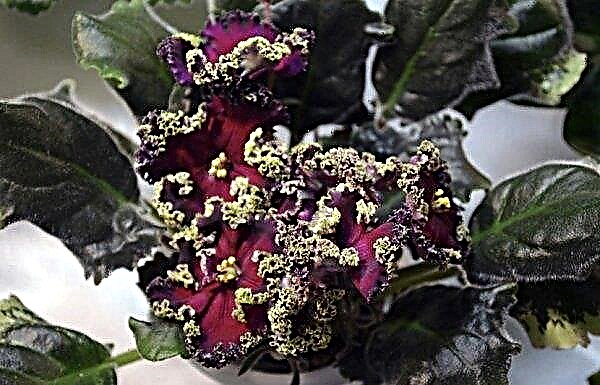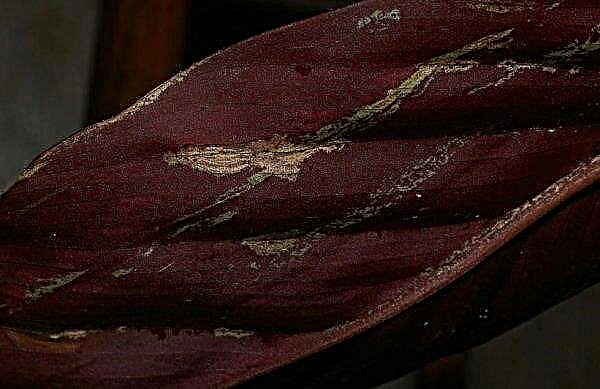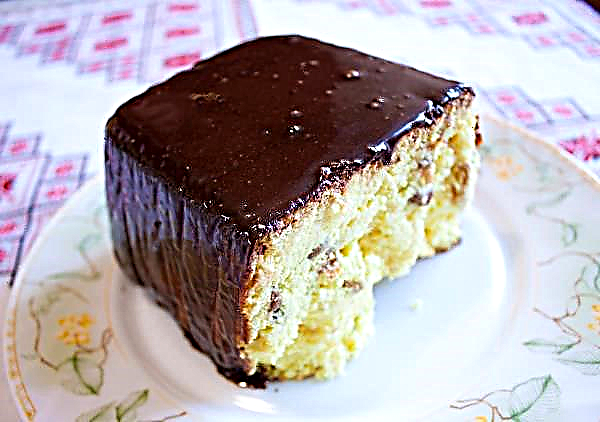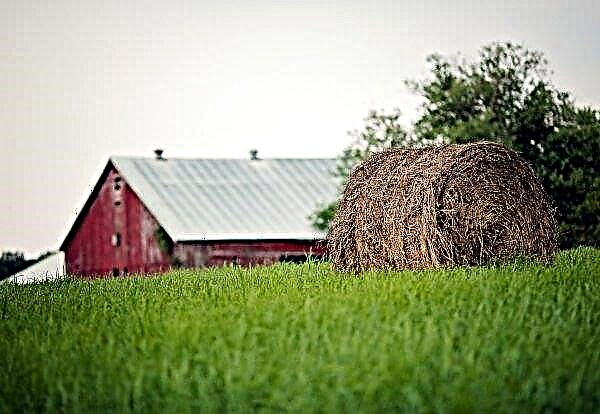The best time to water your garden is morning, but if you water in the afternoon, give enough time to let the foliage dry before sunset. This reduces the risk of leaf damage by mold and other fungi, and also reduces the likelihood that you will fall into the evening shift of mosquitoes or sand flies.

Mold often affects roses, pumpkins, melons, zucchini, and cucumbers. Spray the plants weekly with a solution prepared from one part of cow's milk to 10 parts of water. Repeat this after heavy rain or watering. This is an effective prophylactic.
Try to plan the harvest of your vegetables in the morning when the vegetables contain the maximum amount of nutrients. You can preserve the aroma and nutrients of leafy green vegetables by cooling them in the refrigerator, but do not put onions or tomatoes there. If you do, they will lose some of their taste.
Use a barrel and add sheep, cow or rabbit dung to it, and then fill it with water. Stir it every day for a week, and then strain the water and water your plants.

To get the maximum yield from each bed, pay attention to how you arrange your plants. Avoid planting in square patterns or rows. Instead, stagger the plants into triangles. Thus, you can place 10-14% more plants in each bed.
Make sure you give young plants plenty of water, but always avoid wetting the leaves of the plant! Wet leaves can easily lead to mold, rot and diseased plants!
How to plant or transplant tomatoes or peppers:
- When planting any kind of tomato or pepper plant, pinch off everything except the top leaves.
- Dig a deep hole. Always add a glass of water to the well, and then plant the seedlings and put a tablespoon of powdered, stale gelatin as close to the roots of the plant as possible. It also includes a teaspoon of cinnamon. Gelatin will nourish and promote beneficial bacteria, and cinnamon will keep fungus and worms away.
- Use wooden stakes and garden twine to bind your tomato plants and give them support.

Tomatoes, although they are fruits from a botanical point of view, are legally vegetables as a result of the 1893 Supreme Court case of Nix V. Hedden, because they are regarded as vegetables because they are usually eaten as a main dish and not eaten as a dessert.
Gardening Tools

In the spring, before you start using your shovels or hoes, cover them with wax. If you do this, the dirt will easily come off them and will not cling. Repeat this approximately every month, and the hoes and shovels will be easy to use.
Always wash your garden tools and put them in a cool, dry place. Spray metal parts with vegetable oil at the end of autumn when you clean your tools for the winter.
Natural ways to deal with bugs and insects
Always plant marigolds in your garden, especially next to tomatoes and cabbage, because marigolds will keep garden pests away. You can make your own insecticidal soap by mixing two tablespoons of liquid soap in 4 liters of water. This is a great solution for getting rid of aphids.

Aluminum foil repels insects. Mix strips of aluminum foil with mulch and you will keep bugs away. The foil will also reflect light back onto the plants, which promotes growth.

